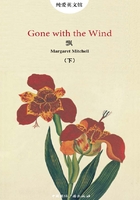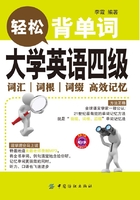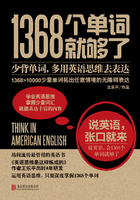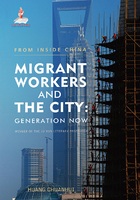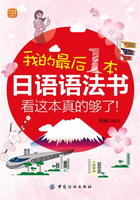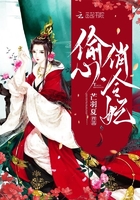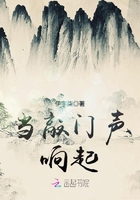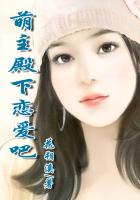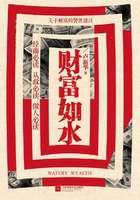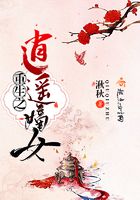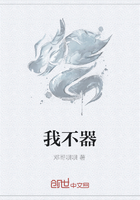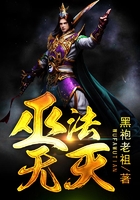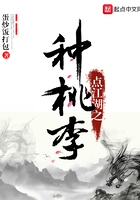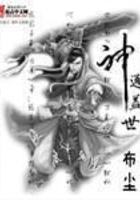"Apart from giving them food to eat and items to use, can we do anything else to help them?"
"We can pray for them and pray for their sins to be cleansed so that in their next life they will have good fortune. If you cannot release living beings of their suffering, at least you need to bear their suffering with them."
"But, their present suffering cannot be prevented." Tears fell down little Tulku Jianggong's face.
The Ninth Tulku halted his steps and placed his hands on Little Jianggong's shoulders. He said slowly, "Your tears allow me to see your compassion and kindness. Child, remember that a monk's supreme enlightened heart rises from this compassion. A compassionate heart is the seed of obtaining enlightenment. If you want to learn from the Buddha, you must first learn compassion towards all living beings."
7
The grass on the ground changed its coat and the sheep shed theirs. Every August, the earth was covered with a carpet of green grass. The white clouds in the sky and the herds of sheep in the pastures overlapped in the distance, so that people often could not distinguish clearly between the roving of the sheep and the rolling of the clouds. Melodious pastoral songs floated in the depths of the grassland and the brilliant gaze of the shepherd girl as she watched over her flock was covered by the ever longer, ever higher grasses. When the pastoral song grew ever louder and more cheerful, the horse racing on the plains would begin.
During this time, 12 of the tribesmen who made an annual offering to the incense funds of the Qiari Temple all came to participate in this grand festival. People drove their cattle and sheep, brought along their tents, fine wines and yoghurt as well as their young heroes eager to gain fame in the horse racing festival. They came from various lands and gathered at the race track. This was also a festival enjoyed by both gods and men. The Tibetans erected their tents on the dark-green grasslands and took out butter and tealeaves from their families. People with means also erected a great pot, boiled tea and porridge and gave it as charity to the poor men. Those whose wealth was even greater could also make tea for the monks for a day, once in the morning, noon and evening, and in the afternoon they also needed to provide two pieces of tsampa and a piece of yak meat. They could also give the monks white hada and silver coins as dana. The monks in the temple would not use this donation vainly but would carry all types of instruments used in the temple; they would sound the drums and play music and set the spirits treading high up in the sky dancing. They would recite exorcisms against evil spirits and scriptures praying for auspiciousness. Tibetan festivals were always for the pleasure of both gods and men and in the sweetness of the singing and the lightness of the dances; it was as if heaven and earth were seamlessly blended together.
What made the ordinary people even more eager to watch was the Ninth Tulku Dapu's preaching and expounding of the sutras. Each year people always gathered below his ceremonial stage and it was so crowded that one couldn't find even a place to sit. People also took this opportunity to devote substantial offerings to Tulku Dapu, in order to show their feelings of admiration for him. In normal circumstances, for each horse racing festival on the plains, Tulku Dapu could receive over a dozen horses, several dozen heads of cattle, over 100 sheep, as well as bags of silver. It could be said that there were herds of sheep and cattle inside and outside of Tulku Dapu's tent and he walked on gold and shed silver. But after the festival, Tulku Dapu had people offer butter and blocks of tea to the temple, the cattle and the sheep were released back to their households for management and the silver coins in the bags were donated to repairing the holy stupa of the previous Tulkus. As the festival concluded, wealth accumulated in front of the Ninth Tulku Dapu like snow piling up on a mountainside in winter before melting like spring water and flowing to where it was needed.
And what did Tulku Dapu get in the end? Possibly it was only the bowls of yoghurt that he drank when he was teaching the scriptures and expounding the sutras to the common people. He did not take anything with him but he still received the most precious offering in the world: the worship and compliance shown towards the Buddha and the bodhisattvas by believers.
This year's race was different from usual, because it was the day that the enthronement ceremony for Little Tulku Jianggong of Qiari Temple would be held. As a result, it wasn't just the true believers of each tribe that came thick and fast, but the many hundreds of temples within 100 li radius of Qiari Temple all sent their own groups to congratulate him. Eminent monks gathered in the grasslands and the masters were as numerous as clouds in the sky. Mount Lanazanba stood solemn and holy, and waves of green, white, red, and rainbow patterns rolled over the vast grasslands. If you opened your eyes and looked closely, you would then discover that the green was the grass, the white was the herds of sheep, the red was the monks and lamas, and the multiple colours were the shepherds wearing their festive costumes. No matter how poor they were or how difficult their days were, the shepherds would still wear a beautiful costume with the colours of the rainbow on a festive day. There were also people who came from distant parts and they erected all styles of tents. It was as if groups of white clouds had descended on the grasslands and it made people feel that heaven and earth were seamlessly entwined.

